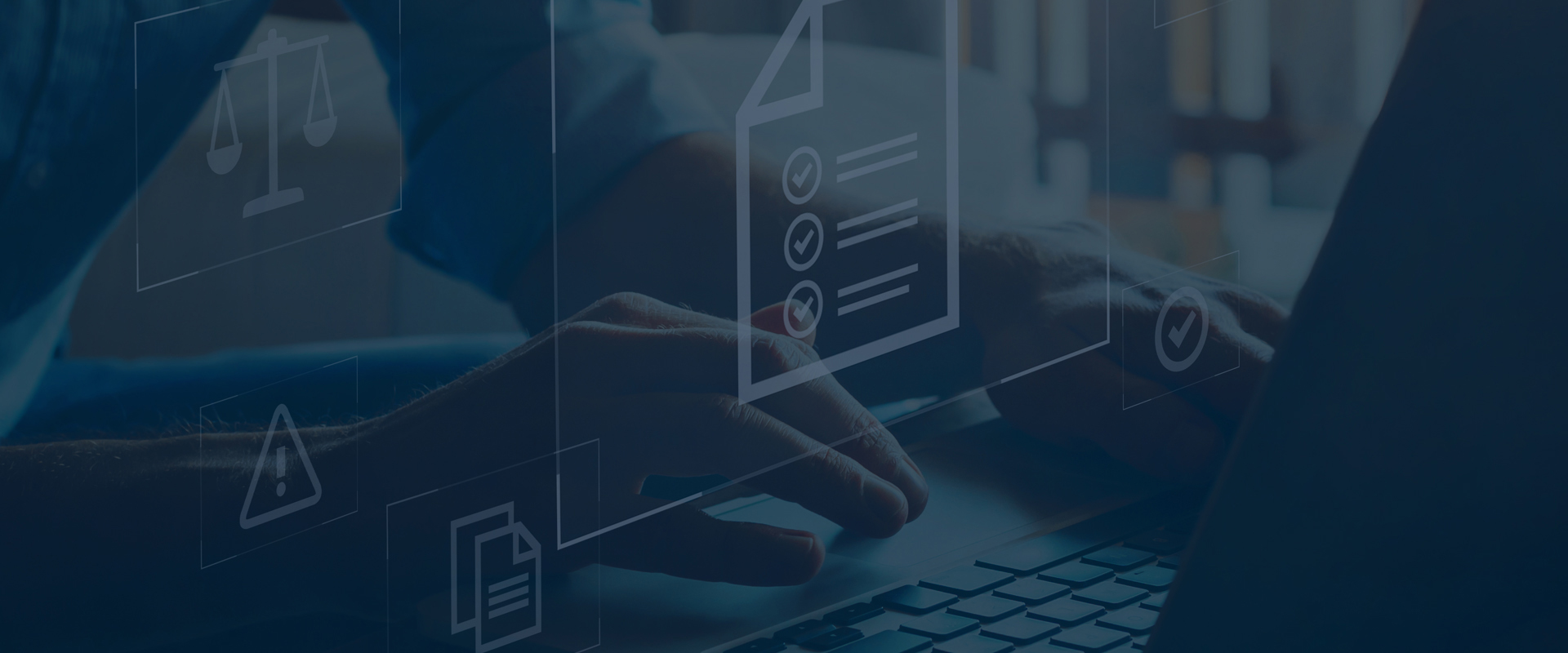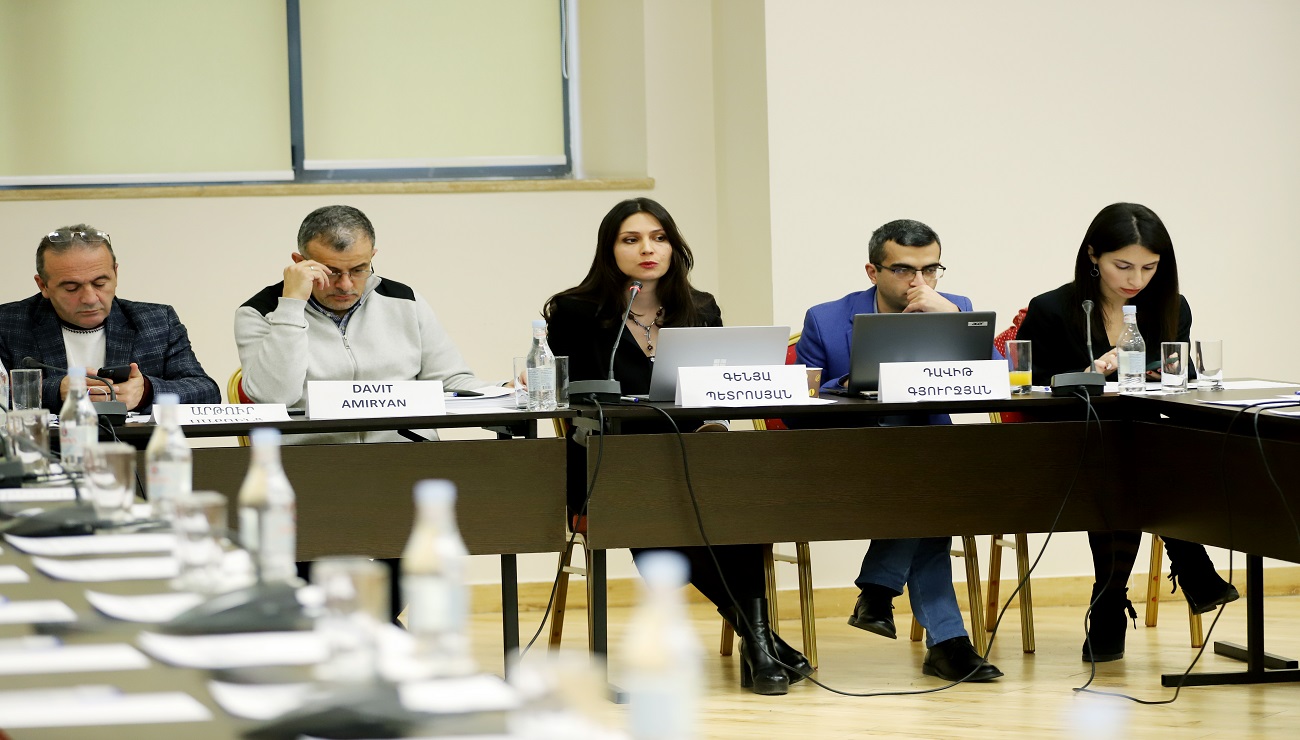





On 19 December the Law Development and Protection Foundation held the conference on the topic “Secret Surveillance Measures: International Good Practice and Standards Set by the ECHR, Issues of Armenian Legislation.” The aim of the conference was to sum up the findings revealed in the framework of the project titled “Analysis of the Judgments of the European Court of Human Rights finding Violation of Article 8 of the ECHR” and outline the possible solutions.
The importance and relevance of the topic was touched upon in the opening remarks by Genya Petrosyan, director of the LDPF, Davit Amiryan, deputy director for Programs at the Open Society Foundations-Armenia, and Antje Fritz, deputy head of Operations Europe and Central Asia at the DCAF-Geneva Centre for Security Sector Governance.
Genya Petrosyan gave a speech on the standards set by the European Court of Human Rights, interference “in accordance with law”: general principles and effective guarantees against illegal interference. Speaking of the necessity of clear legislative regulations, she said: “The legislation should envisage the scope of secret surveillance measures: what kind of measures, with regard to whom, in what cases and preconditions, duration and termination, the procedures of storing and destroying the materials."
Davit Gyurjyan, the legal expert of the LDPF, spoke about the judgments of the ECHR against Armenia in the cases where the ECHR found a violation of Article 8 of the European Convention on Human Rights, Armenian legislation in the framework of the standards set by the ECHR. “Although it may seem glad that the European Court of Human Rights adopted only 2 judgments against the RA in the context of Article 8 of the European Convention on Human Rights, the real reasons for that are understandable: the system of operative investigational activities does not envisage a regulation according to which a person will be notified about these activities unless they have not become a material of criminal case. Thus, people are deprived of the right to appeal its legitimacy.”
Artur Sakunts, President of the Helsinki Citizens' Assembly (HCA) Vanadzor Office delivered a speech on the issues pertaining to the mechanisms of external control over secret surveillance measures:
“"Unfortunately, we still do not have such reliable institutions (NSS, police or court) that could on the one hand prevent encroachments on human privacy, on the other hand, define the limits of state intervention.”
Besides, the international experts presented the international best practice with a special emphasis to judicial oversight and external control.
The project was implemented with the support of the Open Society Foundations-Armenia. The meeting was organized with the support of the DCAF-Geneva Centre for Security Sector Governance.